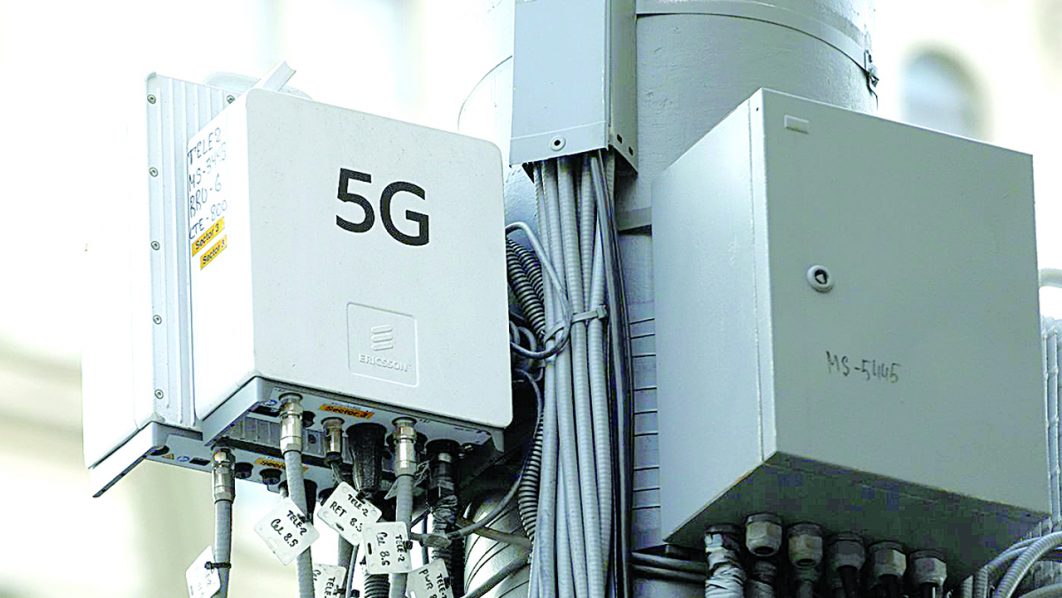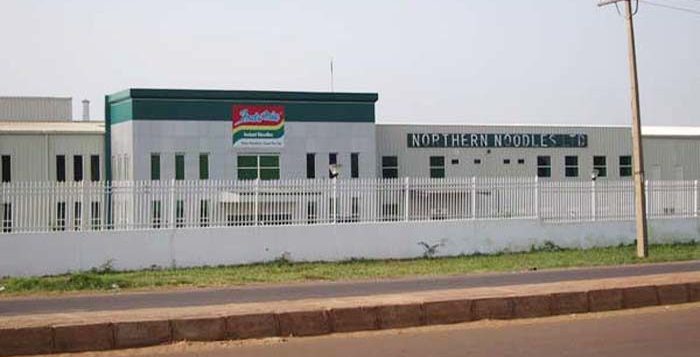
India’s success story regarding the deployment of the fifth-generation (5G) network may serve as a vital lesson for Nigeria. India, long dogged by regulatory delays and inadequate infrastructure, is now one of the most impressive 5G rollout and uptake stories in the world, boasting of nationwide coverage and almost 300 million users in less than 30 months after the first 5G services were launched.
In October 2022, following an intense period of spectrum auctions and initial network investments by the country’s two leading operators, Reliance Jio and Bharti Airtel, 5G services debuted in a few select cities across India.
Fast forward to the end of February 2025, and India, a country with a population of more than 1.4 billion people and 1.15 billion mobile connections, had 5G services available in 99.6 per cent of the country’s districts, served by 469,000 5G-enabled base stations.
India’s Minister of State for Communications and Rural Development, Dr Pemmasani Chandra Sekhar, disclosed this in a written statement, shared with the country’s upper house of parliament and published by the government’s press information bureau, TelecomTV reported.
Sekhar noted that the 5G rollout in India was “one of the fastest” and that the network operators have exceeded their minimum rollout obligations. He also pointed out that “approximately 25 crore (250 million) mobile subscribers have started using 5G services”, but that number undersells just how quick the uptake has been – at least according to the country’s two top telcos.
Market leader Reliance Jio ended 2024 with more than 170 million 5G customers, while Bharti Airtel’s managing director noted on the company’s fiscal third-quarter earnings call in February that its 5G customer base hit 120 million at the end of last year, putting the total for the two operators at 290 million.
In Nigeria, the 5G journey officially began with trials in 2019, and commercial rollouts started in 2022, almost the same time as when India began commercial deployment as well.
The latest statistics from the Nigerian Communications Commission (NCC) showed that as of January 2025, there were 169.3 million active telephone users in the country (After the completion of the NIN-SIM audit in September 2024). In terms of network usage, NCC revealed that only 2.54 per cent of Nigerians use 5G, which invariably means about 4.3 million. 4G network remained dominant with 47.2 per cent (79.9 million users) and 2G, which is 41.63 per cent (70.4 million users).
MTN Nigeria and Mafab Nigeria Communications Limited’s 2021 victory at the auction for two available lots of 100 MHz TDD slots of 3.5 GHz band, after paying $273.6 million each, ushered in 5G in Nigeria, with Airtel getting its license in 2022.
While Nigeria is estimated to have around 335 cities, the NCC said 5G is only in about 30 cities in the country, largely in the urban areas.Indeed, in Nigeria, so many challenges currently dog the expansion of telecom services in the country. Apart from slow investments that have pervaded the sector in the last one and a half years, major operators have been declaring losses resulting from naira depreciation, among others.
Operators have equally decried the rise in vandalism, which, according to them, is a slow expansion. As of 2024, telecoms operators recorded 2500 fibre cuts, which gulped N5 billion in repairs.
The issue of Right of Way (RoW) is a major impediment. Today, only about 11 of the 36 states have either waved off RoW or charged about N1 per linear meter for the deployment of telephony infrastructure. Some states charge as much as N5000 per linear meter.
Multiple taxation and regulations are other factors slowing expansion to the hinterlands. The Chairman of the Association of Licensed Telecom Operators of Nigeria (ALTON), Gbenga Adebayo, said that despite the supposed removal of RoW costs intended to ease the burden on telecom operators, the industry was still facing significant challenges.
According to Adebayo, there are over 45 levies and charges imposed on the telcos, including multiple taxes, regulatory fees, and other charges, which are affecting the ability of operators to invest in their networks and provide quality services to customers.
From his perspective, telecoms expert, Kehinde Aluko, opined that if Bharti Airtel can do it in India, ‘I think they should do more than that in Nigeria’.
Aluko posited that Airtel Africa and Airtel Nigeria should invest more in the country, especially as one of the major arms of Bharti Airtel Global.






